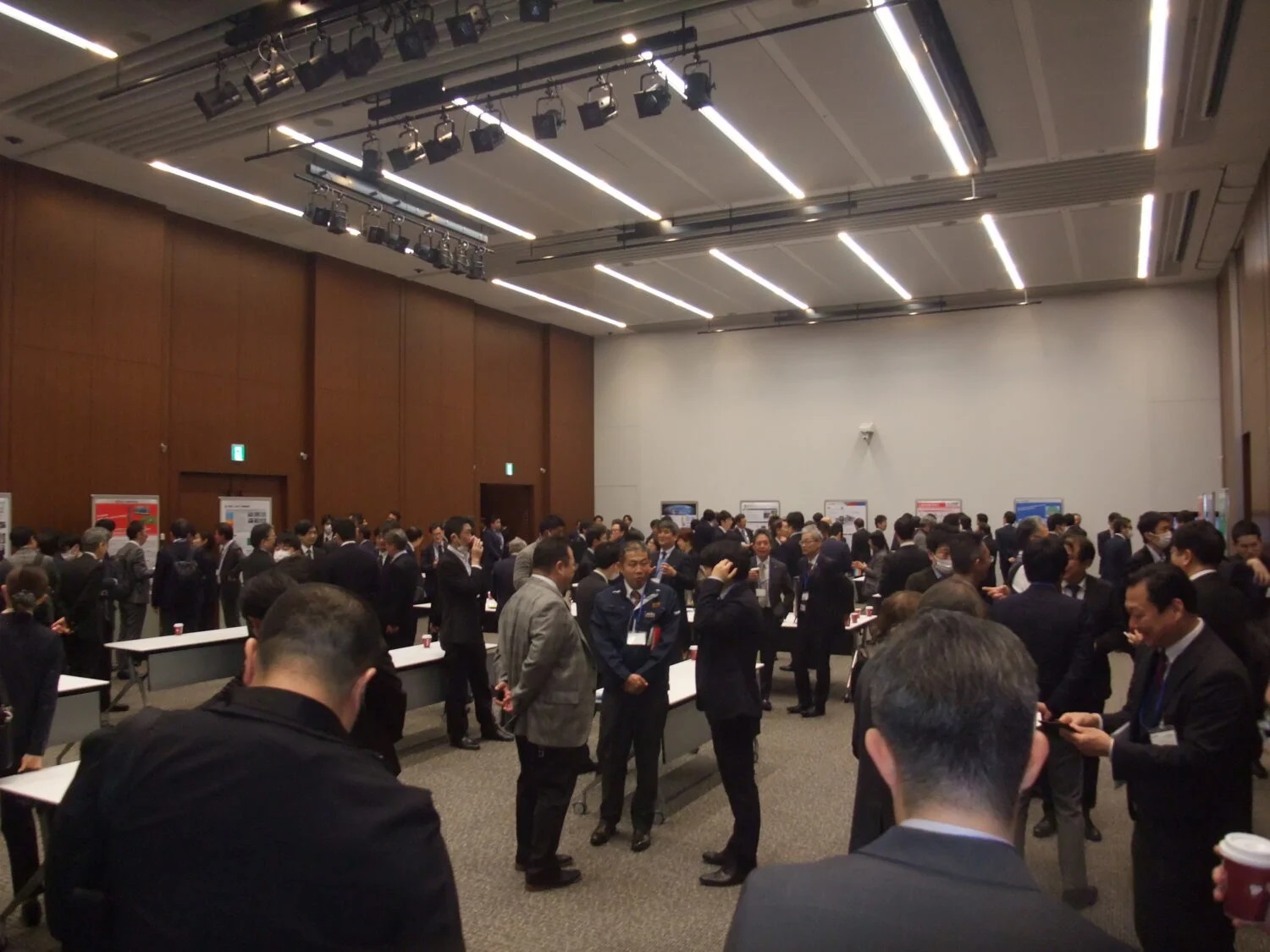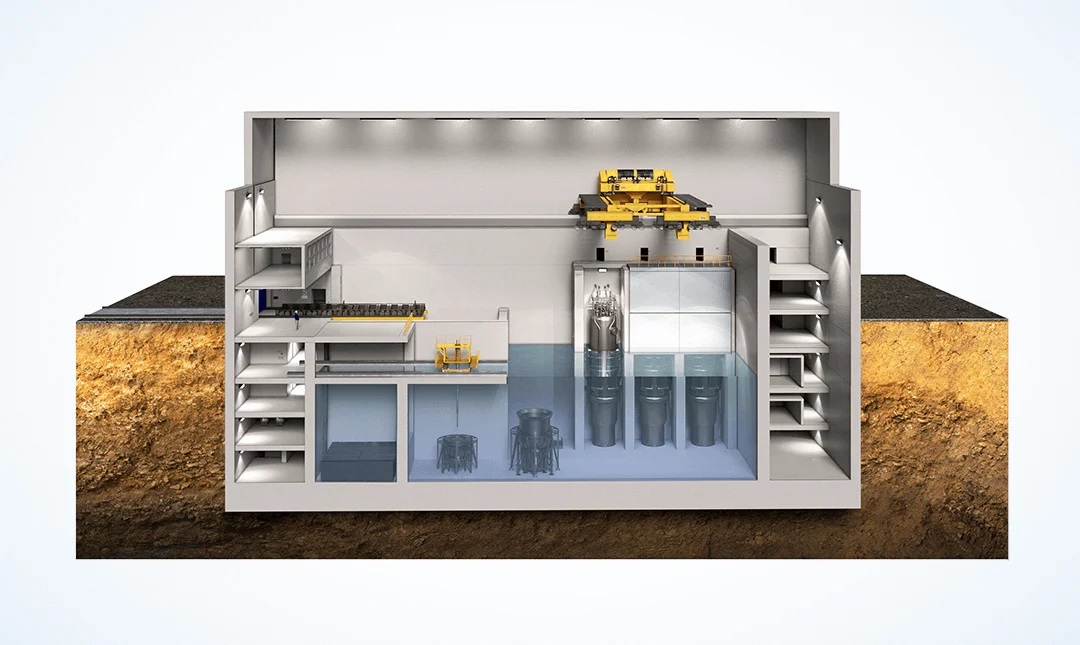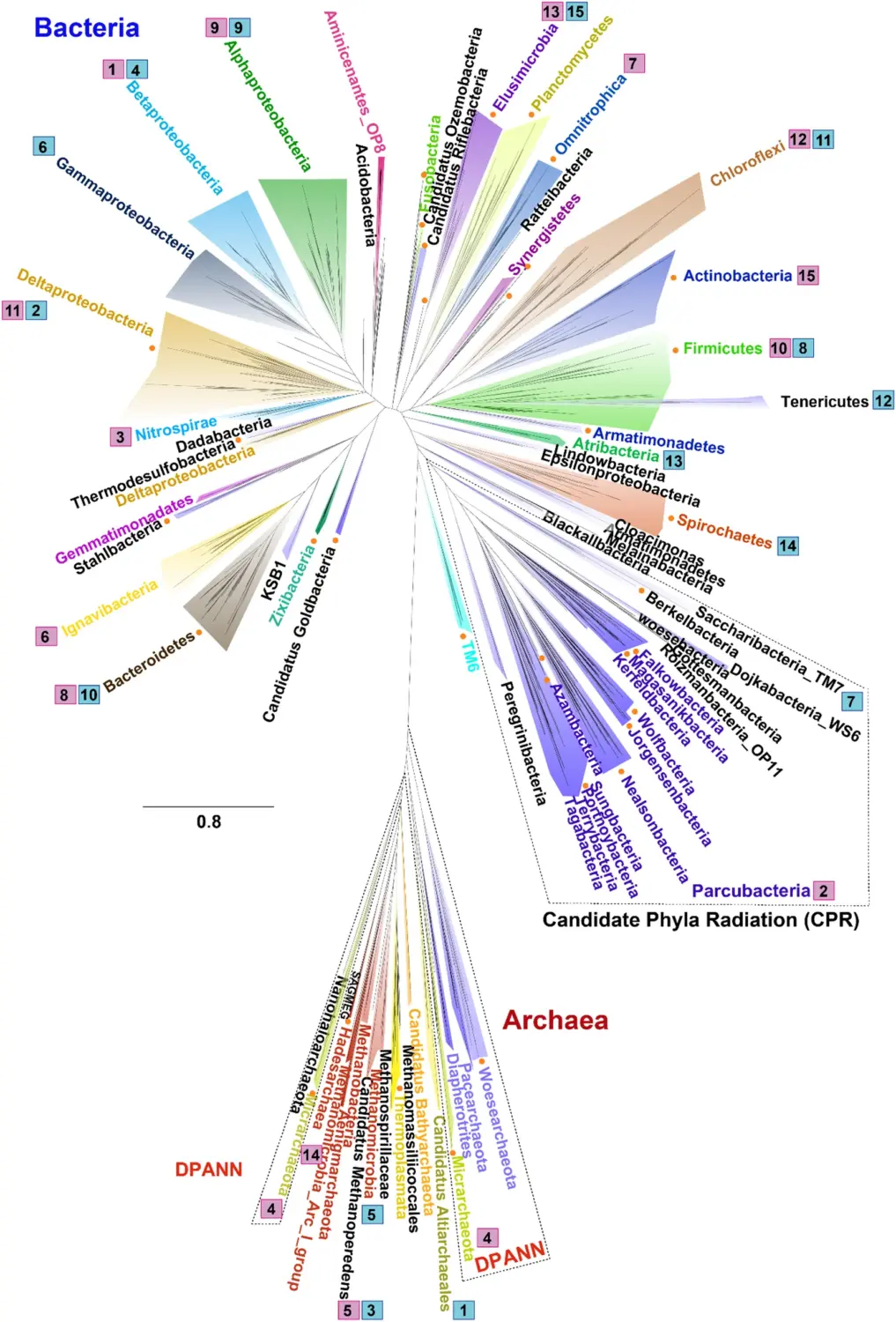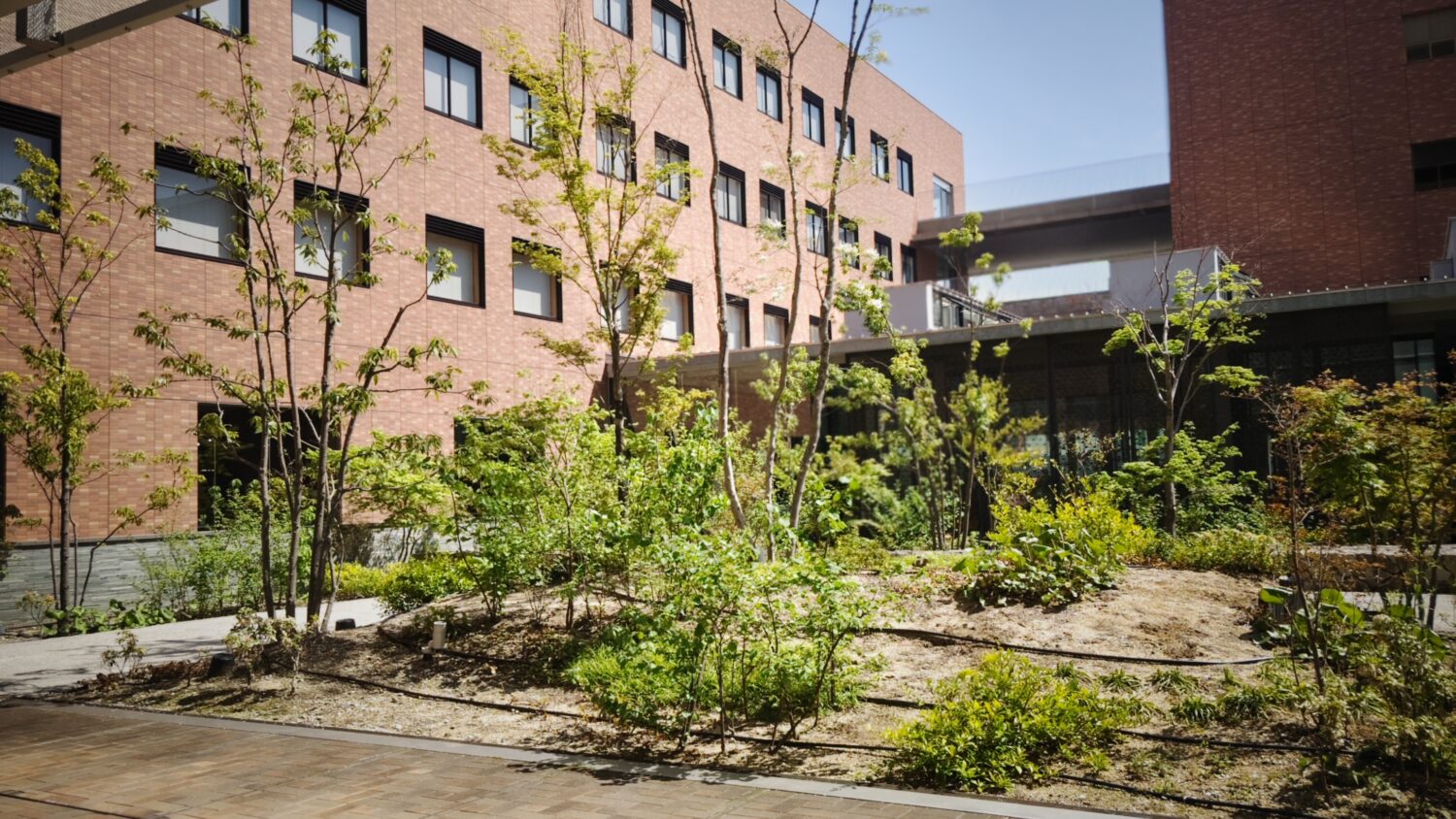Co-sponsored by the OECD Nuclear Energy Agency (NEA) and the French Ministry for the Energy Transition, the inaugural conference was a public-private, high-level initiative held at OECD Headquarters in Paris. Governments of OECD member countries and nuclear-related organizations participated. Nine organizations signed the joint statement: JAIF, the U.S. Nuclear Energy Institute (NEI), the World Nuclear Association (WNA), the Canadian Nuclear Association (CNA), the UK Nuclear Industry Association (NIA), nucleareurope, the French Nuclear Industry Association (Gifen), the Korea Atomic Industrial Forum (KAIF), and the CANDU Owners Group.
The statement was based on a similar statement adopted at the International Nuclear Forum staged by JAIF and others in conjunction with the G7 Climate, Energy and Environment Ministers Meeting and Business Forum in April in Sapporo, Japan.
This time, not only did more organizations join the statement, but the scope of the signatories expanded from the G7 states to include OECD member countries. The statement expresses the determination of the nuclear industries in OECD member countries and formulates requests to the world leaders who will participate in the 28th Conference of the Parties (COP28) to the United Nations Framework Convention on Climate Change (UNFCCC) in November.
Specifically, governments and industries should work together on the following key activities:
- Maximizing the use of existing reactors.
- Accelerating introduction of new reactors.
- Building up supply chains via international cooperation.
- Reducing reliance on Russia for nuclear fuel.
- Improving gender balance in the nuclear sector.
Additionally, recognizing that installed nuclear capacity will have to be expanded to two or three times the current level in order to achieve the target of CO2 net zero by 2050, it asks governments to:
- Develop market environments that promote investments in nuclear power.
- Standardize and improve the efficiency of new regulatory schemes.
- Recognize nuclear energy as climate-change alleviating measure on a par with other clean energy sources.
Globally, nuclear industries have come to realize that it is much more effective to work together―rather than on behalf of their individual countries―in conveying to the public the important roles of nuclear power in securing energy security and achieving net zero CO2 emissions. The Net Zero Nuclear (NZN) Initiative launched in London in September is in that direction. At COP28 in November, the global nuclear industry will establish a joint booth drawing the world’s attention to the extensive contributions of nuclear power and seeking to expand worldwide nuclear development.


-1.png)









